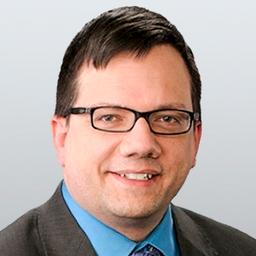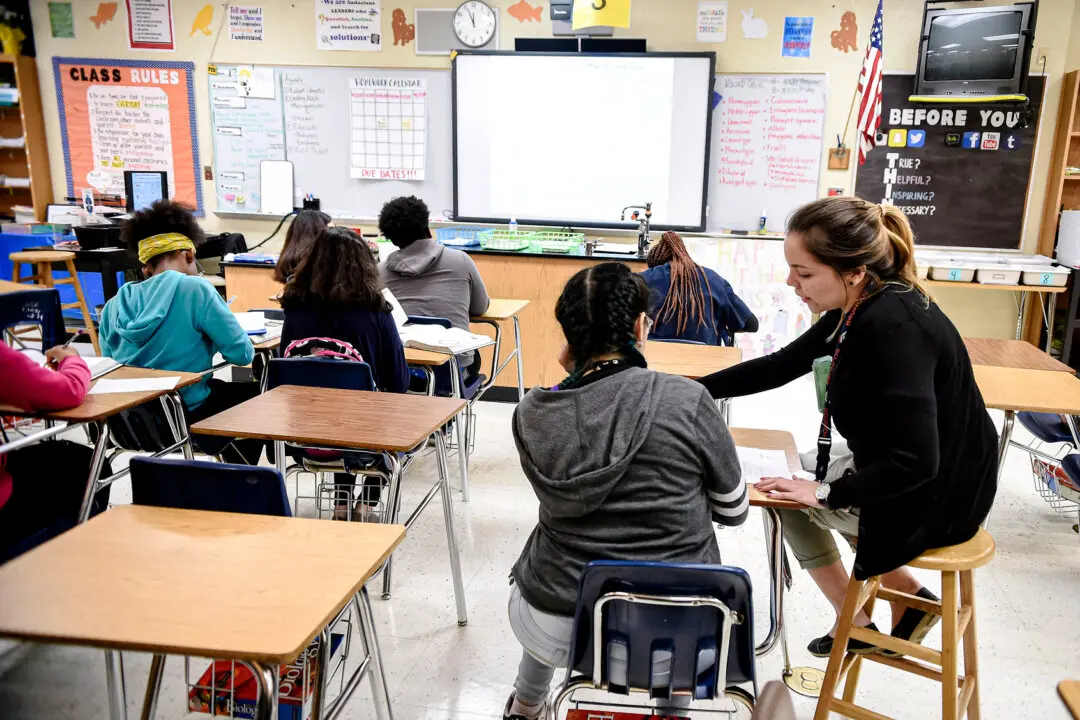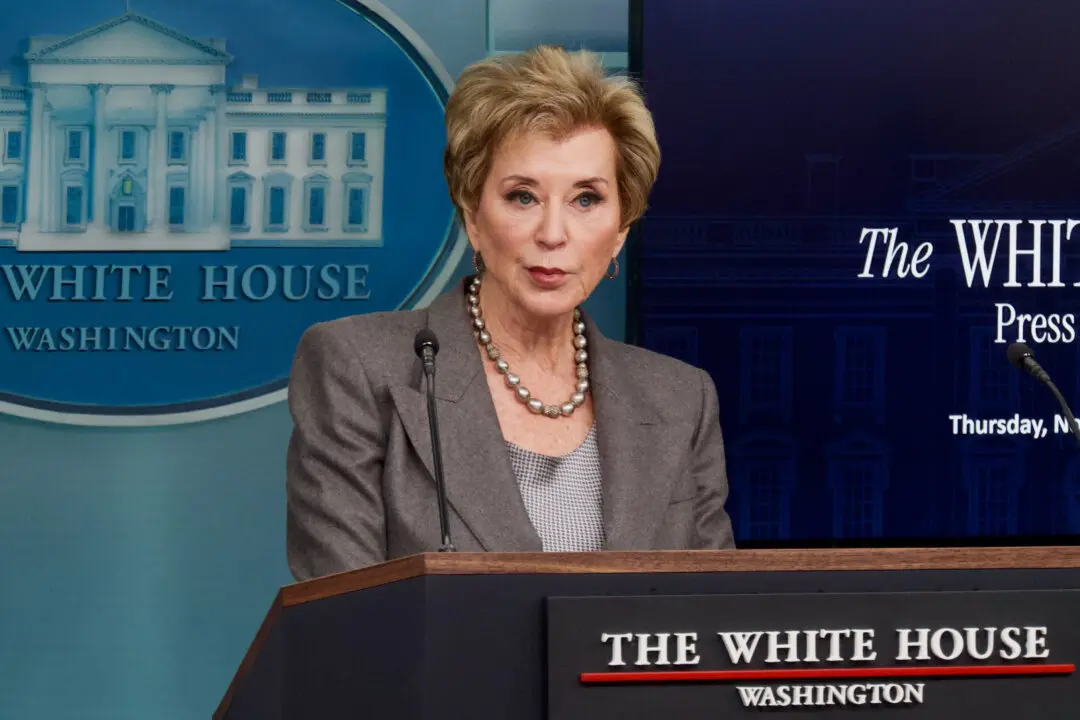Prospective Ontario teachers will soon need to pass a basic math test in order to receive a teaching certificate. This test will be developed by the Education Quality and Accountability Office, the government branch also responsible for the standardized testing of students.
Not surprisingly, this basic math test has many critics. Teacher unions, opposition politicians, and education professors argue that making teachers write a math test undermines their professionalism and will do nothing to improve student math scores. As is often the case with highly controversial government initiatives, the critics are partly right and partly wrong.





